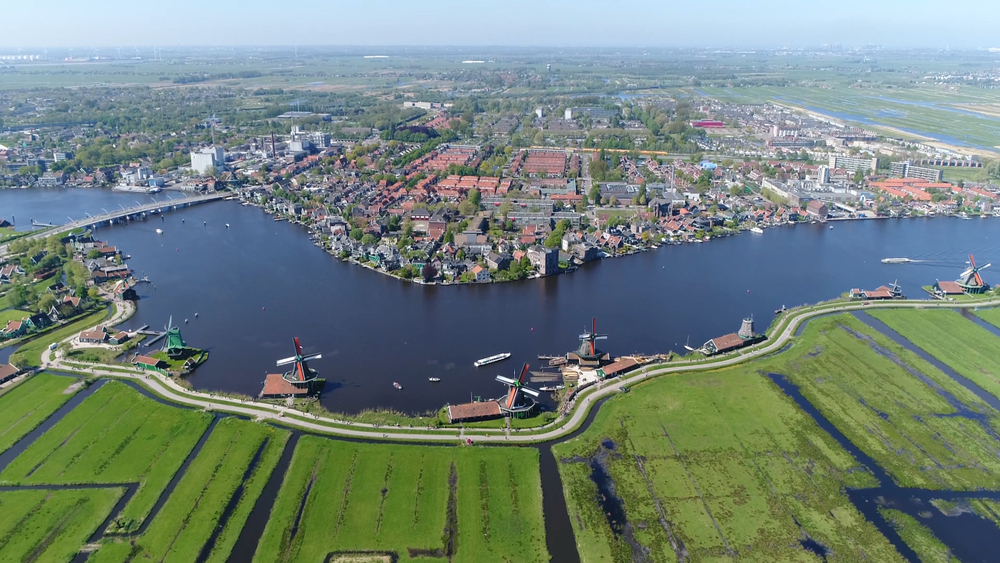The publication from the WATERVERSE project, titled “Engaging the WATERVERSE: A Case Study in Stakeholder Co-Creation and Engagement for the Sustainable Development of a Water Data Management Ecosystem,” emphasises the crucial role of stakeholder involvement in developing effective digital water management solutions.
This case study demonstrates how collaborating with diverse stakeholders—such as water utilities, meteorological institutes, and environmental agencies—can enhance decision-making and ensure the long-term sustainability of water resources. The study outlines three primary benefits of stakeholder engagement:
- Simplifying complex water-related data to improve decision-making processes.
- Creating new value by integrating diverse knowledge and perspectives.
- Ensuring the long-term implementation of digital water solutions.
The publication also features the Netherlands Pilot Digital Twin Ijsselmeer 2025, an innovative model predicting chloride concentrations to manage water quality effectively. This pilot involves leading organizations like the Royal Netherlands Meteorological Institute (KNMI), Rijkswaterstaat (RWS), and the Waterboard Hollands Noorderkwartier (HHNK).
Learn more about how stakeholder co-creation is driving sustainable water management in our latest publication. Read the full study here.





